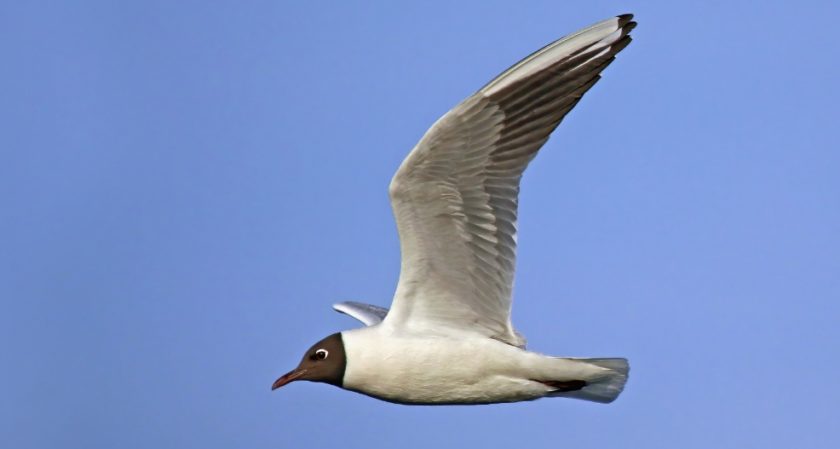Devastating Bird Flu outbreak decimates Gull and Tern population at a Deeside colony

A colony of Black-Headed Gulls and Common Terns in Deeside have been severely affected by a bird flu outbreak, leading to a devastating loss of birds.
The colony, located near the River Dee in Shotton, is one of the largest in Wales and serves as a nesting ground for these species on two concrete platforms, reports birdguides.com.
Unfortunately, this summer has witnessed a sharp decline in the population due to the bird flu outbreak, and experts fear that it may take years for the numbers to rebound.
Since early spring, over 40% of the Common Terns in the Shotton colony have perished due to bird flu, as reported by Pete Coffey from the Merseyside Ringing Group (MRG).
Additionally, approximately 200 Black-headed Gulls, which hosted over 400 pairs in 2021, have also succumbed to the virus.
Tragically, not a single chick has survived so far.
As reported by birdguides.com, Mr Coffey spoke to Radio 4’s Today programme, he expressed the severity of the situation, saying, “This year we had over 1,000 Black-headed Gulls nesting by the end of April.”
He said: “We then started to notice a few dead gulls, and this escalated rapidly. In the end, we finished with more than 200 dead adults. It’s had a devastating impact on chicks – lots have died, and so far we’ve not had a single chick that has fledged.”
The Common Terns at the Shotton colony have faced a similar fate, with a 40% decline in the adult population.
Mr Coffey highlighted the loss of breeding potential, stating, “We know the ages of many of the dead birds from our bird ringing data.”
“This showed us that many of the casualties we’ve picked up had many years of breeding ahead of them, so we have lost that cohort of the breeding population.”
The artificial island created by the steelworks near the saltmarsh in Shotton has been instrumental in providing a nesting site for the Common Terns.
However, breeding seasons have been challenging due to tidal flooding.
In 1970, the island attracted 13 pairs, and by 2021, with the addition of a second raft, it witnessed the hatching of over 20,000 tern chicks.
The Chief Veterinary Officer of Wales, Dr Richard Irvine, emphasized the importance of vigilance and adherence to strict hygiene and biosecurity measures to protect birds from diseases like avian influenza.
While the risk to the general public remains low, Dr Irvine urged people not to touch any sick or dead birds they may encounter and instead report sightings to DEFRA.
Dr. Irvine underscored the need for bird keepers to maintain impeccable levels of hygiene and biosecurity, particularly in Flintshire where the wild bird population has been affected by the disease.
The devastating impact of the bird flu outbreak in Deeside’s gull and tern colony highlights the vulnerability of bird populations to infectious diseases.
Efforts are now underway to assess the extent of the outbreak, understand its implications for the local ecosystem, and implement measures to prevent further spread.
Spotted something? Got a story? Email: [email protected]
Latest News
